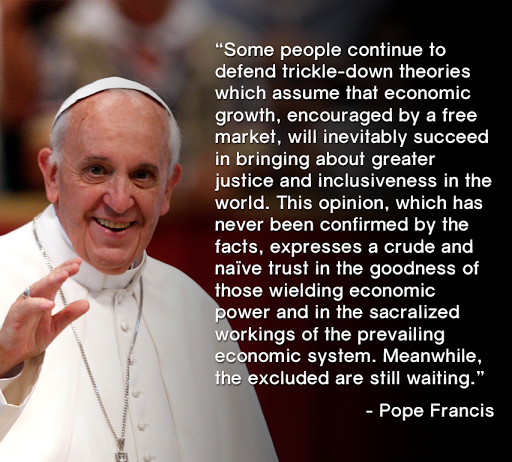
"What's The Matter With Kansas?"
No one was quite prepared for just how convincingly Republican candidates' would trounce their opponents in Tuesday's midterm. In races across the country, Republicans won where the polls showed them ahead, and even in a few places where the polls didn't.
None of these surprises are more significant than Gov. Sam Brownback's reelection in Kansas. Sam Wang at the Princeton Election Consortium confidently predicted he would lose. At Five Thirty Eight, Harry Enten had given Brownback an 18 percent chance of victory.
In the end, it wasn't even that close: Brownback won even 50 percent of the vote to Democrat Paul Davis's 46.1 percent.
Predictions are sometimes wrong, of course -- that, in itself, shouldn't be too surprising. What makes Kansas an interesting case is that Brownback implemented and campaigned on an aggressively conservative economic policy, a series of supply-side reductions in taxes that have created an expanding budget deficit. These tax cuts lead Kansans to close classrooms, fire teachers, increase class sizes and raise local property levies. Hundreds of Republicans, worried about the state's financial stability, turned against him, but he won without their support.
You could argue that in other races, voters were generally unhappy with the direction of the country and blamed President Obama and his party even though Republicans, who control the House, are equally responsible. The vote in Kansas wasn't just a vote against Obama, however. It was a vote in favor of a Republican agenda, and not just the talking points, but also the practical consequences.
There may be some other explanation for Davis's defeat that we'll discover in the coming days, but Republicans in Congress who hold supply-side views are likely to take it as evidence that voters are on their side.


"Pope Francis Links"
"Plutocracy Triumphant"
Cartoon Compendium
"Politics And Economics: The 101 Courses You Wish You Had"
"Politics And Economics: The 101 Courses You Wish You Had"

No comments:
Post a Comment